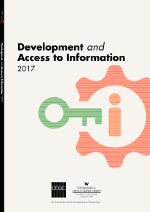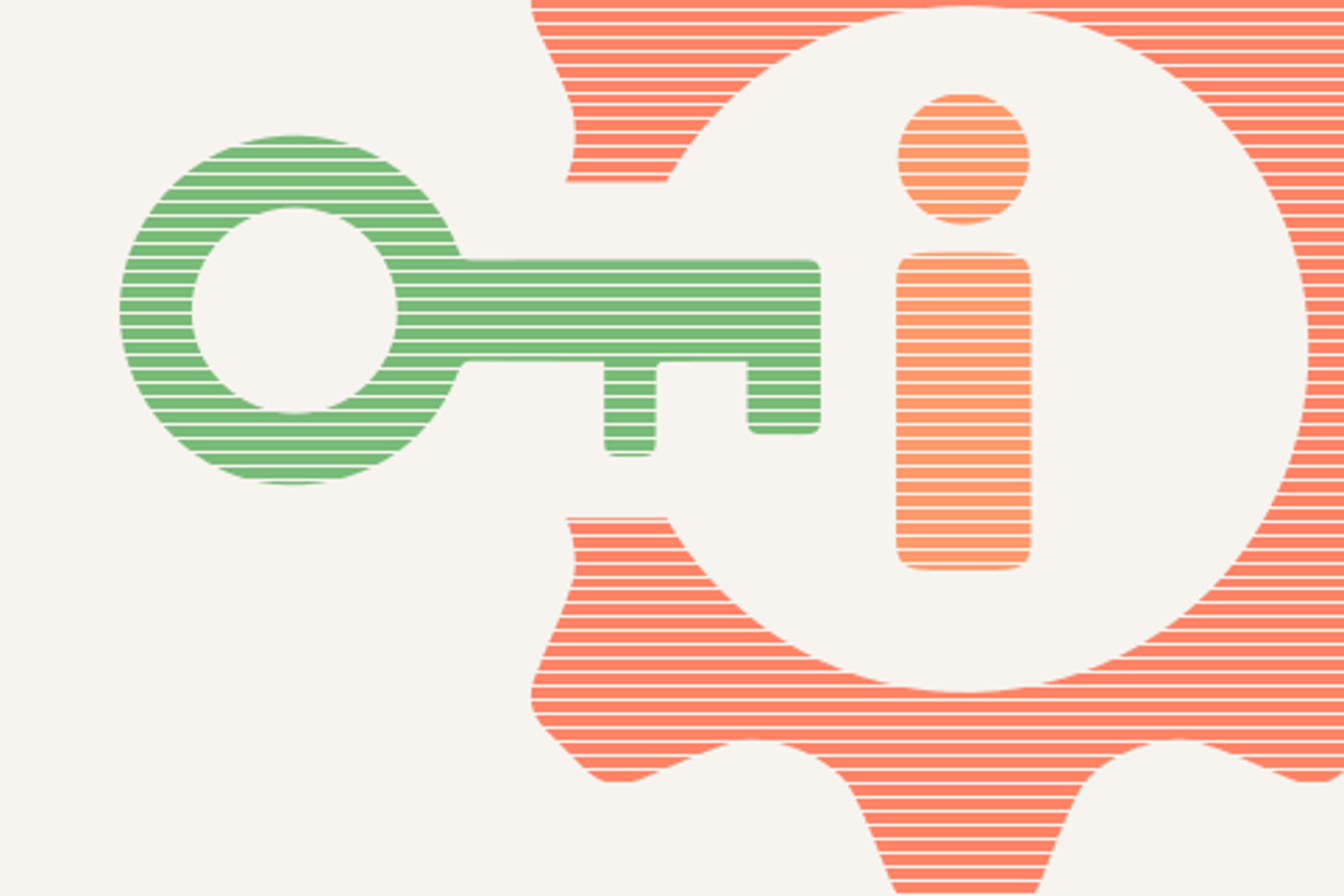 Put the whole world online and freedom and equality are bound to rise, right?
Put the whole world online and freedom and equality are bound to rise, right?
Not necessarily. While access to information is key, access alone isn’t enough to ensure progress around the world. People also need the social and economic wherewithal to make information usable and meaningful, iSchool researchers say in a report presented to the United Nations.
The report, a partnership between the iSchool’s Technology & Social Change Group (TASCHA) and the International Federation of Library Associations and Institutions (IFLA), traces access to information and communication technologies around the world, and whether that access is improving people’s lives. It points to libraries as key to making information a tool for development.
“We tried to come up with a model that goes beyond mere physical access, to get at whether people can actually use the information, and whether they are doing this in an environment that empowers them and enables them to use information meaningfully,” TASCHA Director Chris Coward said.
Access to information is embedded within a set of goals adopted by the United Nations in 2015 intended to improve the lives of people everywhere, including the United States. The 17 Sustainable Development Goals include aims such as ending poverty and hunger, protecting the planet, and ensuring gender equality around the world. Each goal includes specific targets that are to be achieved by 2030, and many of those targets revolve around increased access to information.
In many countries, the infrastructure to bring people online has quickly gone into place. However, the report notes that gender inequality, poverty and a lack of opportunity for youth are among the obstacles that prevent people from making full use of the tools. Meanwhile, even in more developed countries, political restrictions can prevent people from participating freely.
“The ability for information to contribute to sustainable development rests on all these other factors as well, beyond just the mere presence of the internet,” Coward said.
For lead researcher Maria Garrido, looking at information access in the context of human rights, not just technological reach, “opened up a fruitful space for us to engage in a much larger conversation around issues of rights of access to information.”
“The space is immense and includes studying economic, social, political, civil and information rights – all as a package,” said Garrido, principal research scientist with TASCHA.
The report sees a central role for public libraries. As institutions that are generally free and open to everyone, they are key to bringing meaningful access to information among those whom the information age has left behind. In many countries, that includes women, the poor, and people in rural areas.
Along with their long-held roles as knowledge providers, libraries promote civic engagement and help people build their information literacy skills. However, TASCHA Research Analyst Michelle Fellows said, policymakers often fail to recognize how essential libraries are in their communities.
“So many people around the world see libraries as a static, uniform institution with a fixed purpose of putting books in people's hands. But the role of public libraries can be very dynamic and localized,” Fellows said. “Given the way the nature of access to information varies country-to-country or town-to-town, we are seeing libraries stepping up to address those access gaps in myriad ways. It's exciting, as this report demonstrates.”
The Development and Access to Information (DA2I) report is the first of what will be annual assessments of the state of information access around the world. It establishes a set of indicators that TASCHA will track over more than a dozen years, using data compiled from numerous sources such as the International Telecommunication Union, the U.N. Development Programme, and the World Bank.
Establishing those indicators was no easy task. While data on which countries have internet access is generally available, the report seeks to measure whether internet access is improving lives. To do that, researchers examined factors such as library availability and usage, and information technology skills by gender, education level, and age – data that are gathered inconsistently in many countries.
Comparing data gathered by different organizations across various years was the biggest challenge, TASCHA Data Analyst Lucas Koepke said.
“Finding the most up-to-date and complete data for each indicator, and creating a standardized data file with all the indicators, took a surprising amount of time and effort,” Koepke said.
In the future, Koepke hopes data broken out by gender, income, education and age will become available from more countries, so researchers can observe changes over time.
“That level of granularity is important to explore inequalities in the use of and access to information, but to do that effectively we need data on a global scale,” he said.
To Garrido, the project lead, the U.N.’s Sustainable Development Goals provide an opportunity to “make data count for everybody” by promoting investment in countries’ ability to collect data, encouraging partnerships for data collection, and bringing the private sector to the table as potential allies.
“Within the goals’ framework, ‘making everybody count’ is not only a motto but a philosophy,” Garrido said. “To follow through with that, we need a change in data collection approaches that move away from averages to ensure that people are represented properly in national statistics.”
TASCHA and IFLA presented their report in July at the U.N. High-Level Political Forum on Sustainable Development. The paper and partnership with IFLA are the first major products of a $15.9 million grant TASCHA received from the Bill & Melinda Gates Foundation to build on the work of the foundation’s Global Libraries Initiative, which is winding down after more than 20 years and $1 billion invested in public libraries. TASCHA, IFLA and the Public Library Association are the lead legacy partners tasked with carrying out research and capacity-building initiatives with the goal of improving people’s lives through public libraries around the world.
Going forward, as TASCHA continues to study how information access can improve people’s economic and social conditions, Garrido believes the research will open some eyes to the essential role of libraries in helping people build skills and improve their communities.
“I hope this work in the coming years contributes to further engage libraries in the U.N. sustainable development areas – libraries everywhere, not only in less-developed countries,” she said.
Learn more about the DA2I project and read the full report on TASCHA’s website or at da2i.ifla.org.
